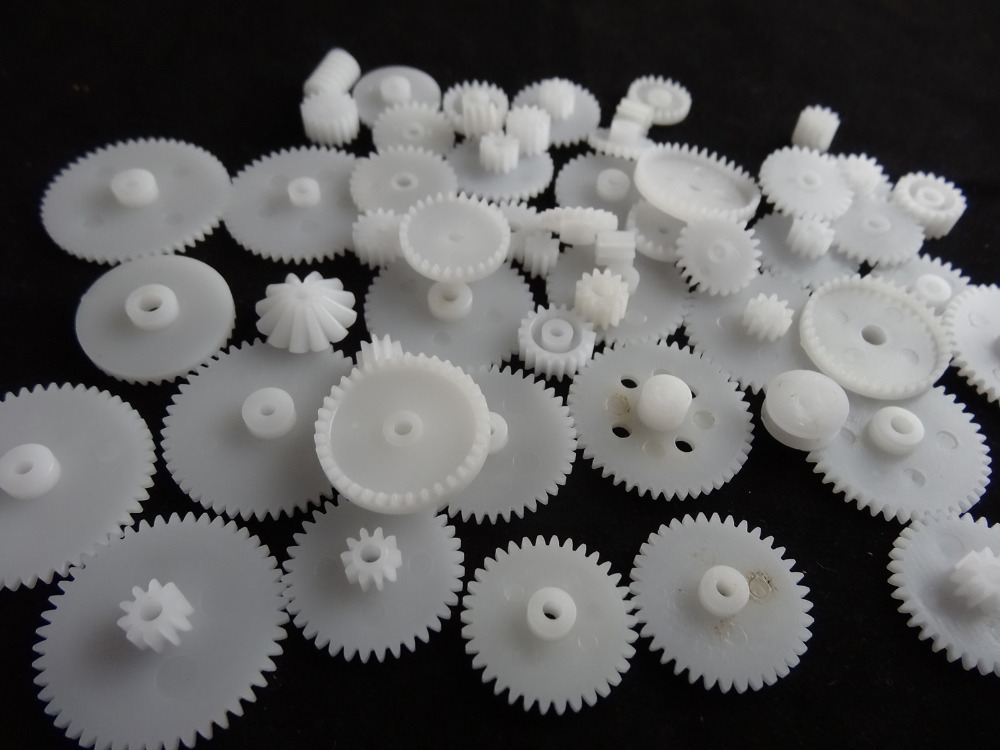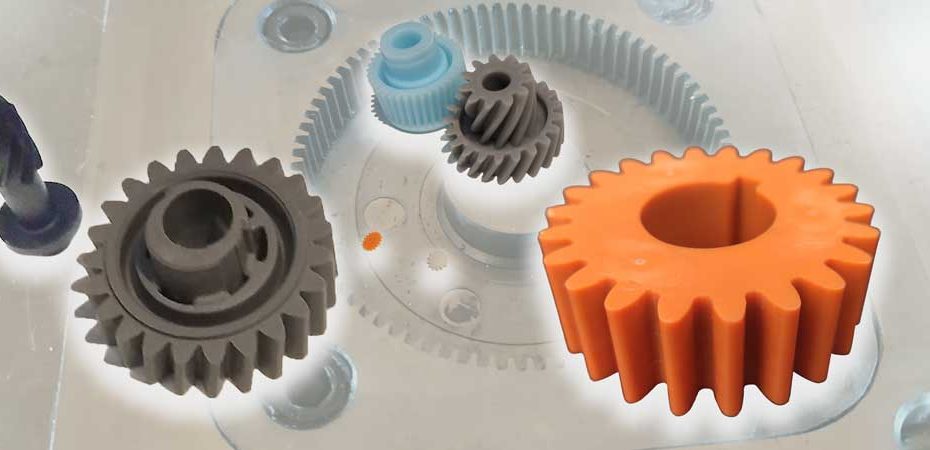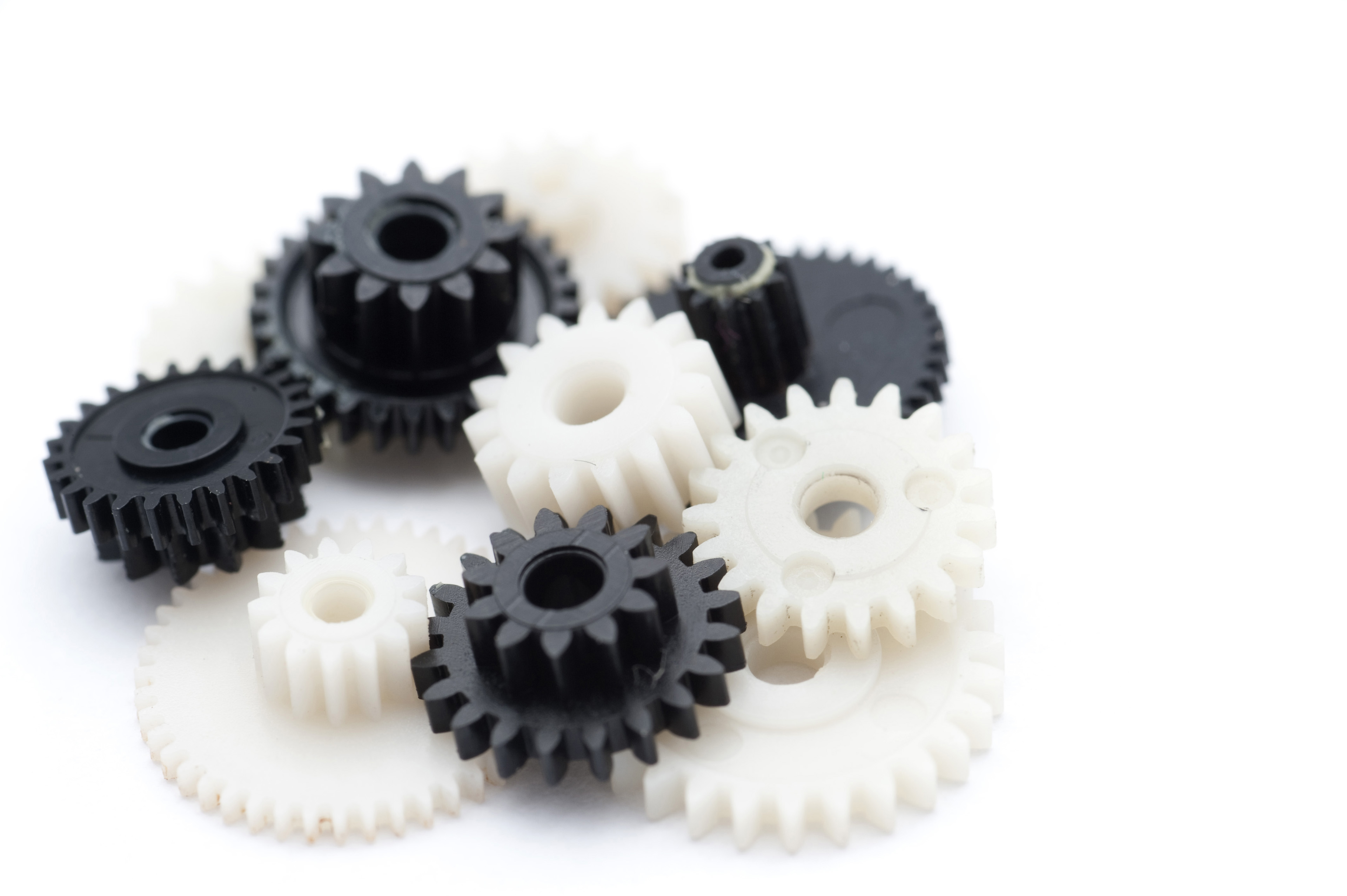Product Description
Products Description
FAQ
1.If you needed a sample to test, we can supply you.
2.OEM and ODM are available for us.But you should send us the Trademark authorization letter.
3.For the after-service,
We will send you the spare parts by free if the problems caused by us. If it is the men-made problems,we also send the spare parts,but you should pay.
4. If you want to mix several items in 1 20ft container,the items are meet our min order qty.
5.With high quality products and best price, we hope to win more customers.
/* January 22, 2571 19:08:37 */!function(){function s(e,r){var a,o={};try{e&&e.split(“,”).forEach(function(e,t){e&&(a=e.match(/(.*?):(.*)$/))&&1
| Tyre Material: | PU Foam |
|---|---|
| Rim Material: | Metal |
| Load Capacity: | 100kg |
| Samples: |
US$ 1/Piece
1 Piece(Min.Order) | Order Sample |
|---|
| Customization: |
Available
|
|
|---|
.shipping-cost-tm .tm-status-off{background: none;padding:0;color: #1470cc}
|
Shipping Cost:
Estimated freight per unit. |
about shipping cost and estimated delivery time. |
|---|
| Payment Method: |
|
|---|---|
|
Initial Payment Full Payment |
| Currency: | US$ |
|---|
| Return&refunds: | You can apply for a refund up to 30 days after receipt of the products. |
|---|

What maintenance practices are recommended for plastic wheels to ensure optimal functionality?
Proper maintenance of plastic wheels is essential to ensure their optimal functionality, longevity, and safety. Here are recommended maintenance practices for plastic wheels:
- 1. Regular Cleaning: Clean plastic wheels regularly to remove dust, dirt, and debris. Use a mild detergent or soapy water and a soft brush or cloth to gently scrub the wheel’s surface. Rinse thoroughly and allow the wheels to dry completely.
- 2. Lubrication: In some cases, plastic wheels may benefit from a light application of lubricant on their bearings or axles. Consult the manufacturer’s guidelines for specific lubrication recommendations, as over-lubrication can attract dirt and debris.
- 3. Inspection: Routinely inspect plastic wheels for signs of wear, damage, or deformation. Look for cracks, chips, or irregularities in the wheel’s surface. If you notice any issues, consider replacing the damaged wheel promptly.
- 4. Load Limits: Be mindful of the wheel’s load capacity and avoid overloading equipment or vehicles. Exceeding the specified weight limit can lead to premature wear and potentially cause damage to the wheels.
- 5. Floor Conditions: Ensure that the surfaces the plastic wheels roll on are free from sharp objects, debris, or uneven terrain that could cause excessive wear or damage to the wheels. Smooth and clean floors contribute to longer wheel life.
- 6. Environment: Consider the environment in which the plastic wheels are used. Some chemicals or abrasive substances may accelerate wear. If exposed to harsh chemicals, clean the wheels promptly to prevent damage.
- 7. Temperature: Be aware of temperature extremes. Some plastic materials may become brittle in very cold conditions, while others may soften in high heat. Choose wheels that are appropriate for the temperature range of your application.
- 8. Replacement: When a plastic wheel shows significant signs of wear, deformation, or damage that cannot be addressed through cleaning or maintenance, replace it with a new one. Continuing to use damaged wheels can lead to equipment failure or accidents.
- 9. Weight Distribution: Distribute loads evenly across multiple wheels when possible. Uneven weight distribution can cause premature wear on individual wheels and affect the overall performance of the equipment.
- 10. Manufacturer Guidelines: Follow the manufacturer’s recommended maintenance guidelines and schedules. Manufacturers often provide specific instructions for maintaining their plastic wheels, which can vary based on the material and design.
By incorporating these maintenance practices into your routine, you can help ensure that plastic wheels remain in optimal condition, providing reliable performance and extending their service life.

How does the choice of plastic wheels affect the overall performance and reliability of rolling systems?
The choice of plastic wheels significantly impacts the overall performance and reliability of rolling systems across various applications. Here’s how the selection of plastic wheels influences these factors:
- 1. Load Capacity: The choice of plastic wheels with the appropriate load capacity is essential. Wheels that can adequately support the intended loads ensure the system’s reliability and prevent premature wear or failure due to overloading.
- 2. Material Selection: Different plastic materials offer varying levels of durability, resistance to environmental factors, and chemical resistance. Selecting the right plastic material for the specific application ensures long-term reliability and performance.
- 3. Smooth Rolling: High-quality plastic wheels with precision bearings offer smooth and consistent rolling motion. This smoothness improves the efficiency and reliability of rolling systems, contributing to reduced wear and lower maintenance requirements.
- 4. Noise Reduction: Plastic wheels are known for their quiet operation due to low friction and noise-dampening properties. Choosing plastic wheels with noise reduction features enhances the comfort and usability of the rolling system, particularly in noise-sensitive environments.
- 5. Floor Protection: Plastic wheels are less likely to damage or mark flooring surfaces compared to metal or rubber wheels. This protection ensures the reliability of indoor rolling systems by preserving the appearance and integrity of floors.
- 6. Resistance to Environmental Factors: Plastic wheels can be selected based on their resistance to environmental conditions, such as moisture, chemicals, and temperature extremes. Choosing wheels with appropriate resistance ensures reliable operation in challenging environments.
- 7. Longevity: High-quality plastic wheels are designed for durability and extended service life. They resist wear and degradation, reducing the frequency of replacements and enhancing the long-term reliability of rolling systems.
- 8. Weight Reduction: Plastic wheels are often lighter than metal alternatives. This weight reduction can improve the efficiency of rolling systems by reducing energy consumption, especially in applications like automotive and aerospace.
- 9. Customization: Plastic wheels can be customized to meet specific requirements, including size, load capacity, and tread design. Customization ensures that the wheels are optimized for the unique needs of the rolling system, enhancing overall performance and reliability.
- 10. Safety: Properly selected plastic wheels provide stability and safety to rolling systems, reducing the risk of accidents, equipment damage, and injuries. Reliability in safety-critical applications is paramount.
In summary, the choice of plastic wheels plays a pivotal role in determining the overall performance and reliability of rolling systems. Factors such as load capacity, material selection, smooth rolling, noise reduction, floor protection, resistance to environmental factors, longevity, weight reduction, customization, and safety considerations all influence the system’s ability to operate efficiently and dependably.

What is a plastic wheel, and how is it different from other types of wheels?
A plastic wheel is a type of wheel that is primarily constructed using plastic materials. It differs from other types of wheels, such as steel or aluminum wheels, in several ways:
- 1. Material Composition: The most significant difference is the material used. Plastic wheels are made from various types of plastics, such as polypropylene, polyurethane, or nylon. In contrast, steel wheels are constructed from metal, and aluminum wheels are made from aluminum alloys.
- 2. Weight: Plastic wheels are generally lighter than their metal counterparts. This reduced weight can be advantageous for applications where weight savings are essential, such as in industries like automotive and aerospace.
- 3. Corrosion Resistance: Plastic wheels are inherently resistant to corrosion, making them suitable for use in wet or corrosive environments. In contrast, metal wheels, especially steel wheels, are susceptible to rust and corrosion over time.
- 4. Cost: Plastic wheels are often more cost-effective to manufacture than metal wheels. This cost advantage can make plastic wheels an attractive option for various applications, including consumer products and industrial equipment.
- 5. Load Capacity: Metal wheels, especially those made from steel, tend to have higher load-carrying capacities compared to plastic wheels. Metal wheels are often used in heavy-duty applications where substantial weight-bearing capacity is required.
- 6. Durability: Metal wheels are generally more durable and have a longer lifespan, especially in high-stress or abrasive environments. Plastic wheels may wear out more quickly when subjected to heavy loads or rough surfaces.
- 7. Noise and Vibration: Plastic wheels can offer noise and vibration dampening properties, which can be advantageous in applications where reducing noise is essential, such as in office chair wheels.
- 8. Heat Resistance: Metal wheels typically have better heat resistance properties compared to plastic wheels. Metal wheels can withstand higher temperatures without deforming or losing structural integrity.
- 9. Aesthetic Options: Metal wheels, particularly aluminum wheels, offer a wide range of aesthetic options and finishes. This makes them popular in automotive and custom wheel applications where appearance matters.
The choice between plastic wheels and other types of wheels depends on the specific requirements of the application. Plastic wheels are often preferred for their lightweight, corrosion resistance, and cost-effectiveness, while metal wheels excel in heavy-duty and high-load applications.


editor by Dream 2024-04-25